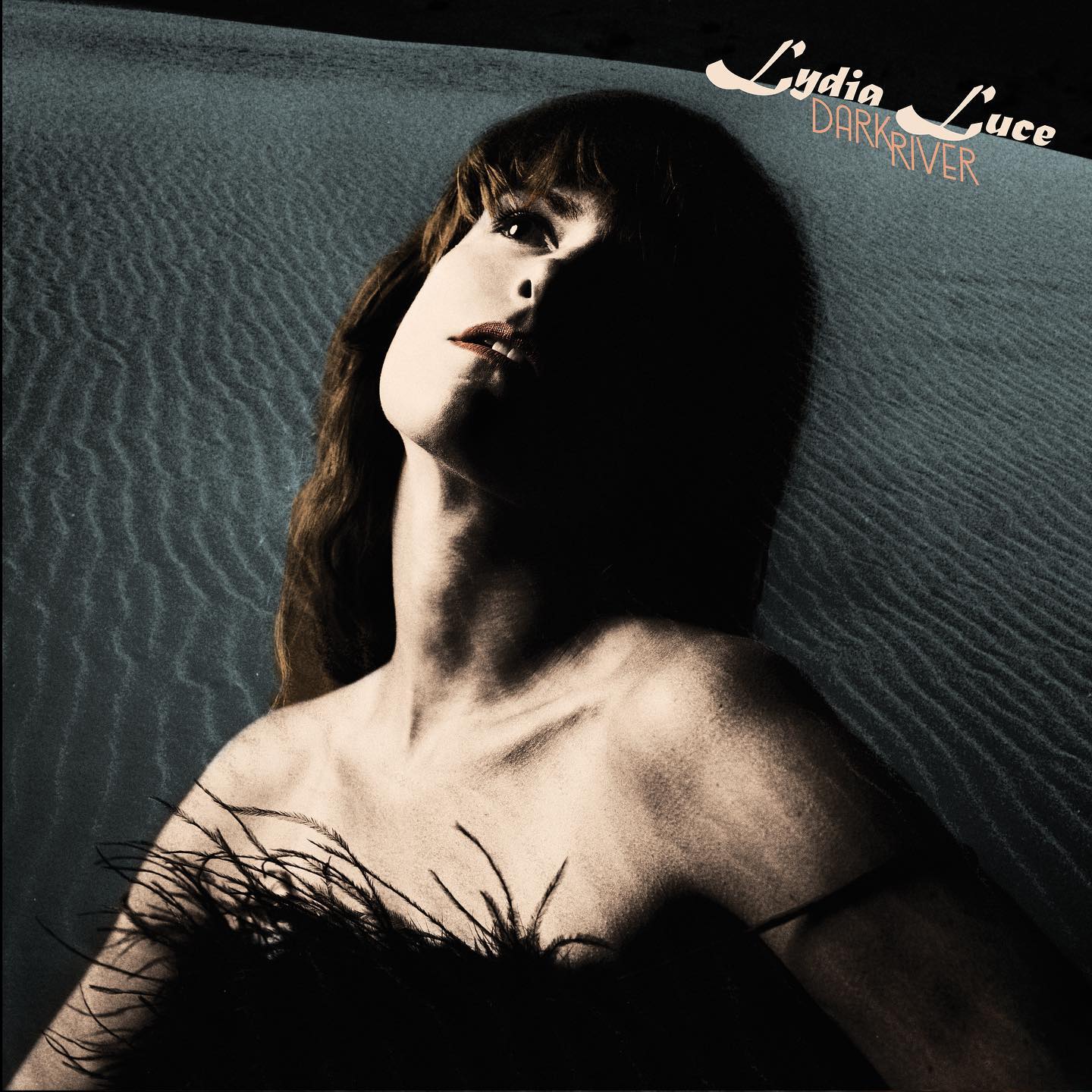Album Review: Lydia Luce – ‘Dark River’
Posted: by The Alt Editing Staff

The Nashville music scene isn’t as cut-and-dry nowadays as its years of foundation would lead you to believe. There’s a shift occurring that gives breadth to the recent genre-blending that feels less purposeful and more organic in its makeup— causing a melting pot of pop or rock or folk or blues to sound as though they’ve always existed in the same stratosphere.
This is where Lydia Luce comes in. This relatively new wave of Nashville began bleeding as more and more independent artists packed their bags and headed for the city. With fresher and more modern takes on the mold of music and the genres that are the vessels for it, it was easy to see where the conflation of ideas and sounds began pitching their tents. When one sits down with Luce’s newest record, Dark River, this genre-break encapsulates the entire soundscape.
Perhaps it is due to Luce growing up in a household that etched her future out as a classical musician, nudging her towards playing violin (which she did end up learning, as she earned a master’s degree in violin from UCLA) or being exposed to such a vast array of sounds from the genre for much of her youth. When one flips on the sophomore effort, Dark River, it feels like there’s a deep knowledge of spell-binding strings and breathtaking classical structure bred into the fabrics of the album. Interlacing the sounds of her youth with that of more modern echoes like pop, Americana, alt-rock, and jazz, it defies any pull to one genre and creates a record that celebrates music as much as it explores the endless blends within it.
Luce first turned heads in the scene with her 2018 debut, Azalea, a free-falling folk/Americana album. Arriving again in 2021, her maturity in direction has turned broody and is brimming with melancholy evocation. Juggling a debilitating breakup, a soul-searching journey through travel as she found herself exploring every facet of the pacific northwest, and a mentally taxing pandemic, the two-year span between her debut and her sophomore records pulled heartstrings, battled emotional upheavals, and gave way to self-reflection. Dark River encapsulates that wavering energy like a daily journal throughout its 11 tracks, causing Luce to feel as vulnerable and as humanized as a musician can.
“Occasionally” opens the album, a song full of fragility and melancholy as it thrums between crestfallen strings and a moody rhythm. The tender track is even further amplified by Luce’s raw vocals that ride every inflection and rasp of the nostalgia pumped into the song, lending her voice to melt between the early 2000’s edge of Michelle Branch and Elvis Costello. “Something To Say,” on the other hand, teeters between the haze of the ’70s and the dark, desert-inspired Plastic Cactus. Yet, it’s her alluring voice that keeps a listener enthralled, gently passing as a Carly Simon and Joni Mitchel love child.
“Leave Me Empty” pulsates with the heart of Nashville’s country roots, bathing in Luce’s lush vocals and a pop undertone. It’s the blip of bright soundscape in an otherwise darker aura that overtakes the rest of the record. This dark-pop fusion bleeds over into tracks like “Maybe in Time” where the track glitters with the enticingly sweet timbres her voice wades between.
It’s the last two songs on Dark River that elevate the album’s complexity, though. “Stones” and “Just the Same” don’t necessarily sound much different than the hodge-podge of tracks that came before them, but they do offer a gradual shift as one rounds out the closing of the album. Instead of focusing composition and musicality around Luce’s emotions as the prior songs have, there’s a visual that resonates with the listener. It’s as if Luce has invited us into the fluttering pages of her memory, highlighting some while scratching out others, leaving the end of Dark River in an exploration of thoughts, feelings, and actions past only looking forward instead of worrying about what’s behind.
All in all, Lydia Luce’s Dark River embodies what many modern genre-bending artists philosophize: sound over frame. There isn’t a barricade to what music can be or will be. Plucking out sounds and tones from different genres and bringing them together in harmony is the only way the future of musicianship should live on. This is Luce’s sophomore record, and she’s already set her sights on that future, leaving room to expand upon it the further she dives into her career.
Disappointing / Average/ Good / Great /Phenomenal
_
Hope Ankney | @hope_ankleknee
The Alternative is ad-free and 100% supported by our readers. If you’d like to help us produce more content and promote more great new music, please consider donating to our Patreon page, which also allows you to receive sweet perks like free albums and The Alternative merch.










